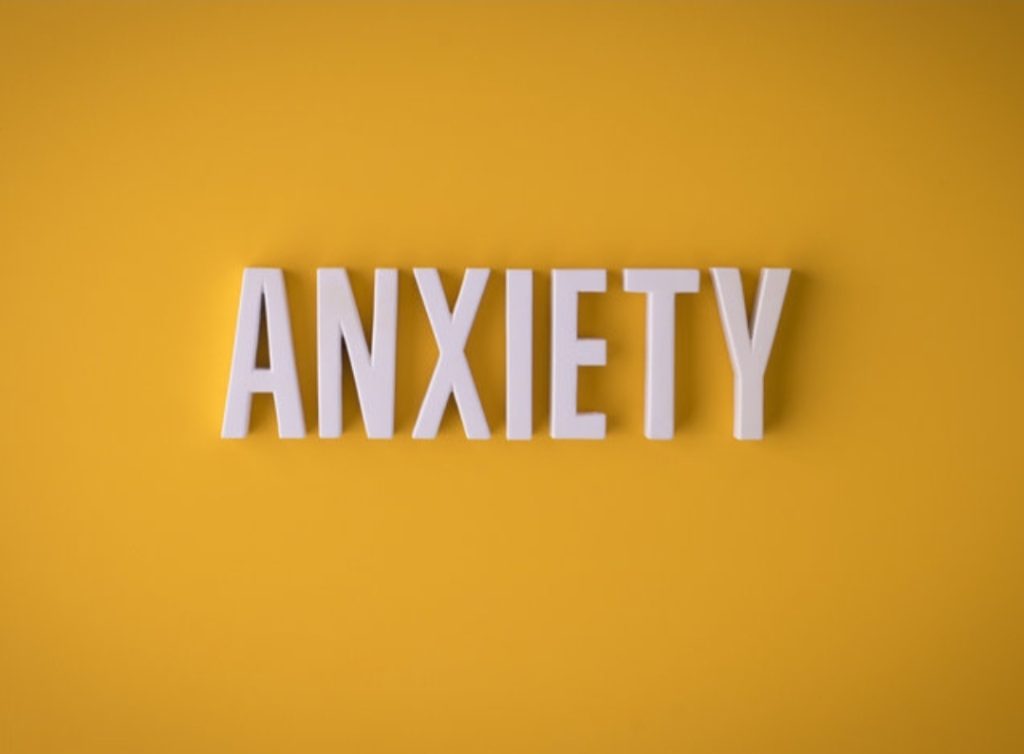So, ugh, I am unmotivated. Again. I do not want to commute from my bedroom to my home office again, participate in a series of zoom meetings or spend all day on the computer. Spring is here, and I just want to get outside and lie in my hammock. I feel this is something I should not admit, most certainly not with my colleagues. Work is so competitive at times and the desire, no need, to look perfect can be overwhelming. When I am overwhelmed, I lose my motivation.
Yet I rarely think I am attempting to look perfect. I think I am desperately trying to look merely competent. The truth is that my standards are far higher than I will admit. I want to look good because I have convinced myself that my long-term employment rides on this illusion. I am old enough now to know that it doesn’t and that there is much room for missteps when working on a team; but I often forget, and when I forget, I become anxious. When anxiety hits the tipping point, I find myself on that slippery downward spiral, imagining all sorts of failures.
The problem with runaway anxiety is that it is a product of my mind and its insecurities running my life. I end up taking everything personally so that every sideways glance or uncomfortable tone of voice means something is wrong with me. This is not true.
To combat this, I must acknowledge this pattern for what it is and call on my rational brain to intercede. My rational brain has served me well by learning a variety of tools and techniques to quiet my primitive brain. When I do this, the anxiety ebbs, perspective returns and so does my motivation. If I can shift my perspective, I silence the inner critic and speak with my internal optimist.
Once I have made this shift, I can start using one or more of the tools I have to bring back my motivation:
- I can dig into projects I find overwhelming by breaking them into smaller tasks.
- Similarly, I can “chunk” my time by limiting how long I spend on a task, usually about 20-30 minutes. I find this really helps me to start projects I would rather not. Once I start, I often keep going, and the motivation to finish takes over.
- Another trick I use a lot is to consider how I am being of service in the tasks I perform. I feel motivation when I believe my work is valued, so this helps me focus on what I am giving, rather than getting.
- I can also change my perspective by recalling the ways I behave when I am stressed. I can then see that others’ behaviors are not aimed at me personally. They are simply evidence of another person’s irritation, fear, anxiety or impatience. I don’t have to see external behaviors as reflecting a failing on my part. It is easier for me to stay on track when I don’t personalize outside events or behaviors.
- Finally, I reach out to my colleagues. Having a conversation about the task or project at hand will usually bring new insights that help me move forward. It may also raise questions I had not considered. In this way, I may find motivation to answer some of the questions my colleagues have raised.
At the end of the day, I think the most important thing we can do when faced with a lack of motivation is to be kind to ourselves, understanding that as humans, our energy and enthusiasm ebbs and flows. If I am in ebb, I need to realize it will eventually return to flow, and that any slowness I experience now will provide the quiet time my brain needs to be able to get moving again.
Her Nexx Chapter invites you to join our free Community where women from around the world are connecting with each other’s stories, exploring different experiences, and transforming ideas.
The Future of Connection for Women








0 Comments